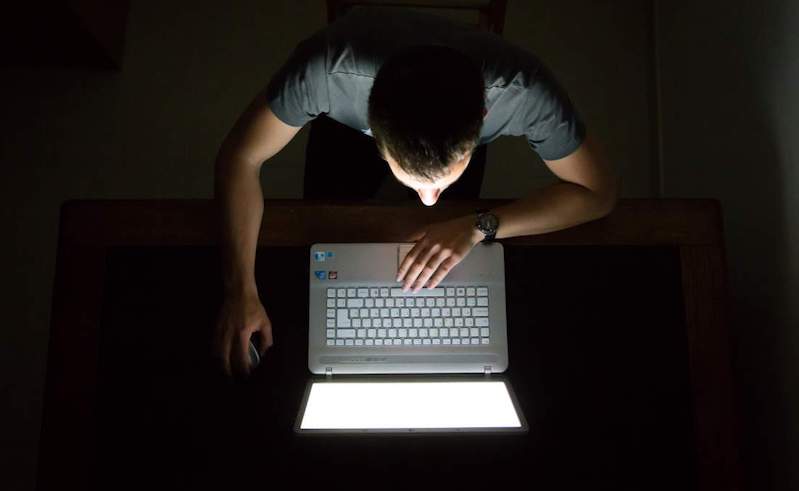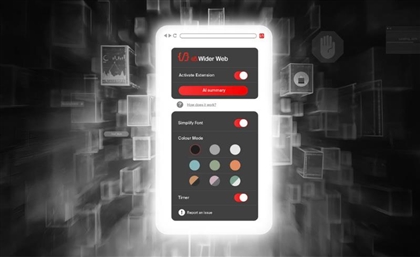New Statistics Show the Surprising Effects Technology May Be Having on Egyptians
When iPhone users unlock their devices on average 80 times per day, a hyper connectivity culture emerges and an obsession with being ‘in the loop’ at all times develops. Insurance giant Bupa has analysed the statistics and explained why this is causing depression and anxiety among Egyptians.

“El bta3 ely f 2edak da howa ely ha ywadeek f dahya!” Yells every Egyptian mama about smart phones.
“Mama, my eyes hurt,” you say. “Men el zeft ely f 2edak da,” she apathetically replies. And it just keeps going on and on.
Yes, technology has revolutionised our lives. Mobile phones have made us contactable at any point of the day or night. It has helped people feel safer on the streets, it has made communicating with our family in other continents possible, it has allowed industries to flourish, and the economy to boom. We live in a time where almost any service can be taken care of using our phones, whether it’s online or through a call (still a struggle in Egypt). Need we mention the world of online banking and shopping, which can also be done through your phone? Definitely revolutionary.
But like anything, there are pros and cons. According to the recent Digital in 2016 report by We Are Social, 30% of Egyptians have active social media accounts, and since January 2015 social media users in Egypt have increased by 39%. The report also recognised a change in the medium of which social media is consumed, with mobile phones ‘on the go’ being the most prevalent.
Now the problem with this increase in mobile technology usage is that it is closely correlated with depression, and Egyptians are adapting an ‘always on’ work culture. There is no separation between work and individual lifestyles. In fact, workplaces are almost expecting you to respond to emails day and night.
“It’s impacting on work-life balance, which unsurprisingly affects physical and mental wellbeing. Those who are able to switch off when they get home tend to sleep better, respond better to stress and overall feel more satisfied,” explains Dr. Pablo Vandenabeele, Bupa’s Clinical Director for Mental Health.
According to Apple, iPhone users unlock their devices 80 times a day on average, which, as Dr. Vandenabeele puts it, is known as a level of “hyper connectivity – the feeling of needing to be ‘in the loop’ at all times.” And then when you suddenly disconnect, you’re left feeling overwhelmed and anxious because you no longer have access to instant information. The instantaneous nature of the digital world has made it difficult for our brains to slow down and unwind.
To help us with taking on a ‘digital detox’ in a bid to lower the increase in technology led depression, Dr. Vandenabeele has suggested five ways to get started including; forgetting your phone during dinner time, turning off your notifications, harness existing habits by making them device free, actually buy an alarm clock, and leaving your technology away from your bed.
After all of that, it seems mama is right after all. To hell with technology and depression!
Photo: Artur Debat/Getty Images.
Trending This Week
-
Apr 10, 2024
























